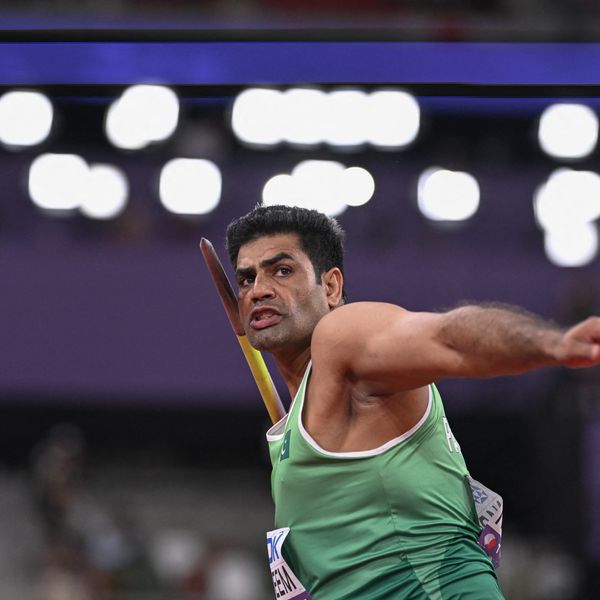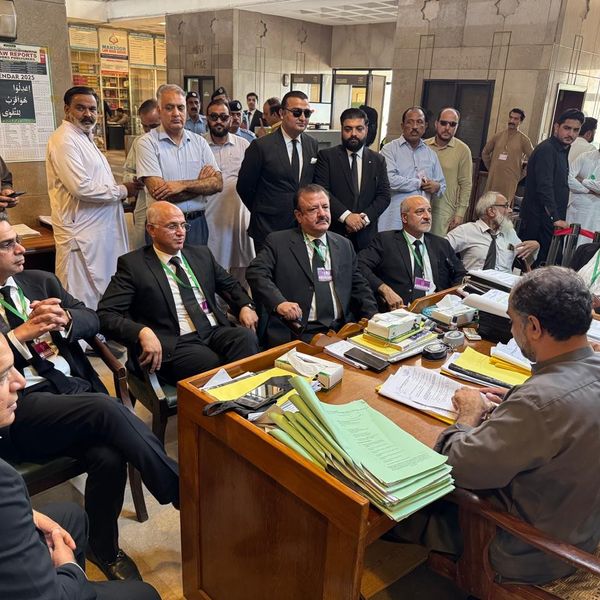Islamabad High Court judges air grievances ahead of full court meeting
Justices Babar Sattar, Sardar Ejaz say cases being assigned to recently transferred judges, bypassing permanent judges
News Desk
The News Desk provides timely and factual coverage of national and international events, with an emphasis on accuracy and clarity.

Two senior judges of Pakistan’s Islamabad High Court have issued unusually blunt letters to Chief Justice Sarfraz Dogar, questioning the court’s independence, just hours before a full court meeting scheduled for Tuesday afternoon.
Justice Babar Sattar, in a letter circulated to all judges and the court registrar, accused the chief justice of concentrating administrative powers and sidelining senior colleagues in violation of institutional practice.
“As opposed to respected institutional norms, you have created rosters excluding senior judges, including the Senior Puisne Judge IHC, from heading divisional benches,” Sattar wrote. “Should fixation of cases rest on the whims of the chief justice, or should there be transparency in who hears what case, while matching expertise of judges to the work they are asked to do?”
He said cases were being disproportionately assigned to recently transferred and additional judges, bypassing permanent judges.
“While exercising administrative powers, should judges and the chief justice not remember that they are not kings but public officials?” Sattar added.
In a stinging passage, he asked whether citizens still saw the high court as defenders of rights: “Do judges of this court truly believe that IHC [Islamabad High Court] is discharging that pivotal constitutional duty today? Do they believe Pakistani citizens perceive them as protectors and defenders of fundamental rights?”
The letter is the latest in a series of public complaints by senior judges over alleged government interference in the judiciary.
Separately, a two-page letter from Justice Sardar Ejaz Ishaq also surfaced, criticizing the handling of new Practice and Procedure Rules and calling the upcoming full court meeting “a formality.”
“The Practice and Procedure Rules have already been notified in the gazette,” Ishaq wrote, noting judges had been given just a day and a half to review them. “Under these circumstances, I will not be able to give a meaningful opinion.”
His letter also objected to mandatory no-objection certificates (NOCs) for judges traveling abroad, likening it to placing them on the country’s no-fly list. He warned that actions taken without full court approval “could be considered unlawful.”
The full court meeting, set for 2 p.m. Tuesday, is typically held at the start of the judicial year to review performance and discuss administrative matters.
But the twin letters have turned what is usually a procedural session into a pointed reckoning over transparency, independence, and the balance of power within one of Pakistan’s most important courts.










Comments
See what people are discussing